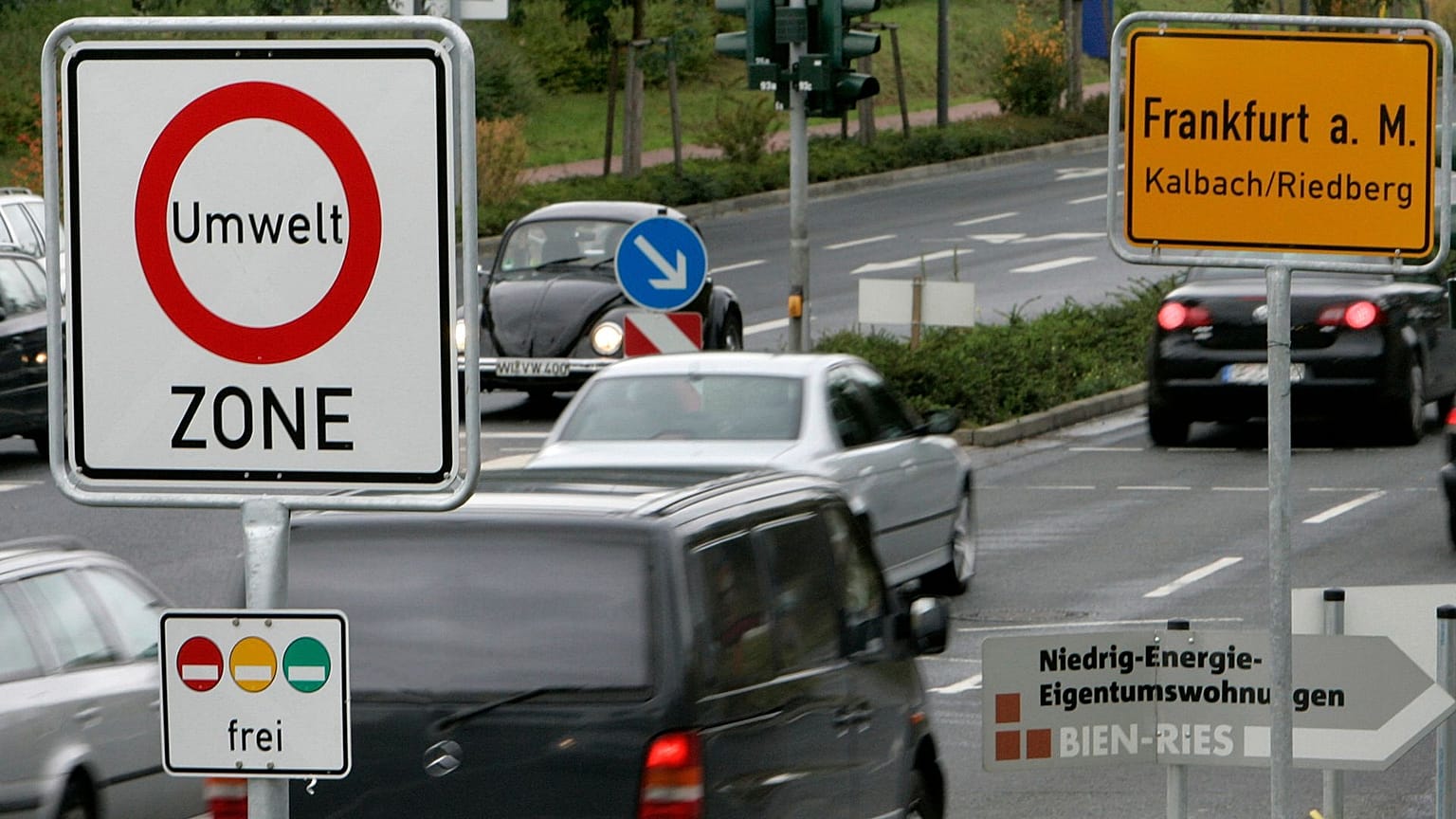European cities are now campaigning for low-emissions zones to be included in new law targeting foreign drivers.
After an idyllic trip travelling continental Europe by car, nothing says welcome home like a traffic fine.
 ADVERTISEMENT
ADVERTISEMENT
 ADVERTISEMENT
ADVERTISEMENT
Unfortunately, if you do commit a violation, it’s not uncommon to receive a notification several months after your holiday.
Many people think that having left the country they were visiting, the fine can be ignored - especially now that the UK has left the EU.
But not paying up can have serious consequences both back home and for future trips to the bloc.
In March, the European Commission proposed updates to its Cross-Border Enforcement Directive to make it easier to fine tourists who violate local traffic laws.
Now, representatives of 20 European cities are demanding that fines for driving in low-emissions zones are added to this legislation - which could make it even riskier for foreigners to flout the rules.
What happens if you get a traffic fine in the EU?
If you commit a driving offence abroad, the fine does not simply get forgotten when you return home.
Within the EU, driver details can be shared between nations and a fine will automatically arrive at your address.
So far, this hasn’t been a foolproof system. According to the European Commission, millions of offences committed in 2019 by foreign registered cars went unpunished due to a lack of identification or enforcement.
However, earlier this year the body announced a proposed law to promote EU-wide cooperation on pursuing traffic violations made by foreign drivers.
The system would make it easier for law enforcement bodies to follow up traffic fines across borders.
Post-Brexit, the situation for UK residents is a little different. If you hold a UK driving licence, the fine will not follow you home automatically.
The EU country is required to issue a request for the payment of the violation that will arrive in the form of a letter.
For some offences, there is no time limit so the fine could arrive months or even years after a trip.
This includes fines for speeding, not wearing a seatbelt, failing to stop at a red light or using a lane reserved for public transport.
How much are speeding fines in the EU?
One of the most common driving offences committed is speeding. The fines for this violation vary between countries.
In Italy, fines start at €42 for going 10km per hour over the speed limit and go up to €21,714 for going between 40 and 60km per hour over.
In France, the default speeding fine is €135 while in Germany, fees range from €30 for going up to 10km per hour over the limit to €680 for going 70km per hour or more over.
In Spain, speeding fines start at €100.
If the police catch you speeding in these countries, you can also be asked to cough up on the spot.
What if I don’t pay a fine from an EU country?
It may be tempting, but it is not advisable to ignore a fine from a trip abroad.
Throwing the letters in the bin won’t make a fine disappear. You will receive follow-ups and payments can be chased.
The fine is also likely to increase the later you are with payment. In France, for example, if you wait 45 days to pay a speeding fine it increases to €375 from the initial €135.
In the worst-case scenario, an EU country may send a debt collector to your address in the UK.
You may also find that future trips overseas come with additional difficulties.
If, on the other hand, you pay a fine immediately, you may get a reduction. In Italy, for example, the fee is cut by 30 per cent if paid within five days.
In France, paying within 15 days means potentially reducing a speeding fine from €135 to €90.
Do you have to pay a fine if you have hired a car?
Even if you have rented a car when in the EU, you are still responsible for paying any fines incurred. This will be stipulated in your contract.
The rental company will probably receive the direct notification of a fine and then contact you for the payment.
You may even see a charge on your credit card before you have paid the fine. This is often an administrative fee from the car hire company for handling the ticket.
Failure to pay may mean you are refused from renting a car in an EU country again.
Are low-emissions zones included in the rules?
More and more European cities are introducing Urban Vehicle Access Regulations (UVARs), such as 'low-emissions zones' and congestion charges. These ban certain types of cars from driving in central areas or restrict the times or days that vehicles can use certain roads.
The goal is to reduce pollution, emissions, noise and traffic and to make the cities more pleasant places to live in.
As it has been challenging to enforce these localised laws on foreign drivers, representatives of 20 European cities have demanded help from the European Parliament.
They want UVARs to be included in the updated Cross-Border Enforcement Directive. The proposal will go to a vote on 29 November.

















